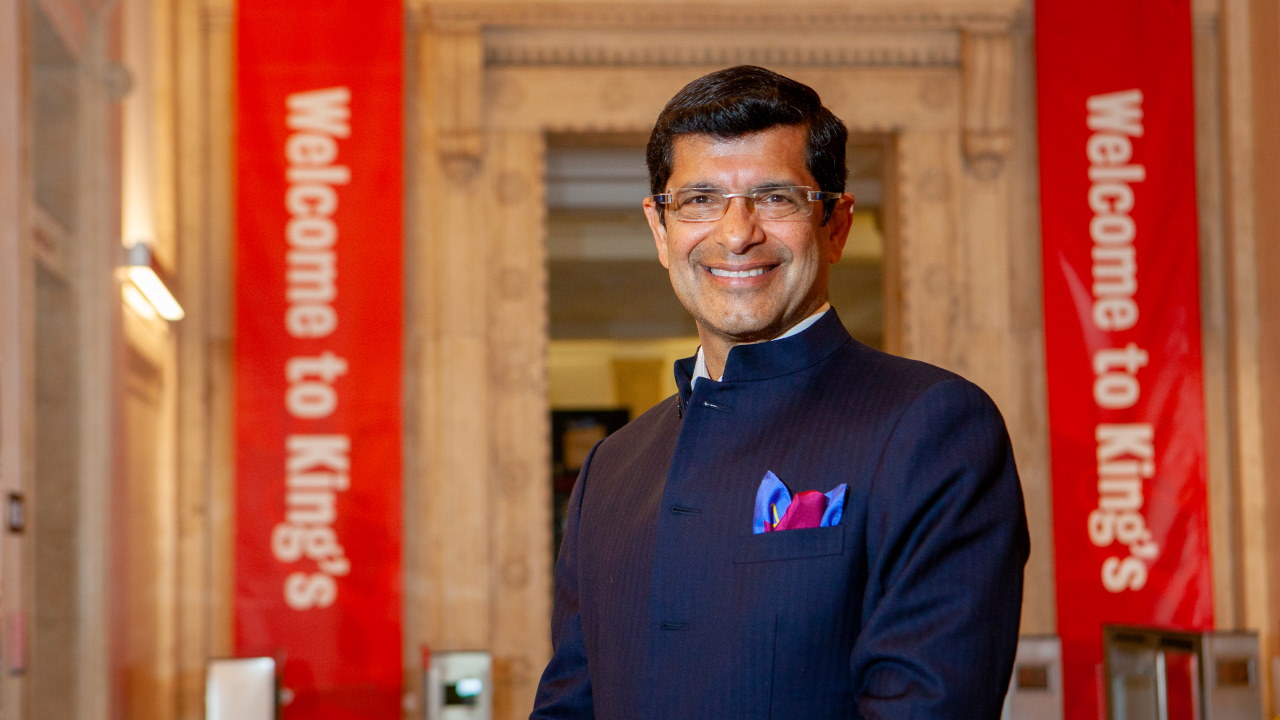Staff writer Antonio Macedo examines the logic behind the ECB’s continual raising of interest rates in the fight against Eurozone inflation.
In response to a soaring inflation rate of 5.3%, the European Central Bank (ECB) took a resolute stance on September 14, implementing its 10th interest rate hike in just 14 months, elevating rates by 0.25 percentage points (p.p.). This move propelled the Eurozone’s interest rate to 4%, reflecting a cumulative increase of 4.5 p.p. since July 2022. Notably, this rate is the highest recorded since the inception of the Euro currency in 1999. The Eurozone has grappled with persistent inflation woes since the onset of the COVID-19 pandemic, which were further compounded by the conflict in Ukraine. In October 2022, inflation levels peaked at a staggering 10.6%, and although they have since moderated, hovering around the 5% mark, they remain significantly above the ECB’s targeted inflation rate of 2%.
Traditionally, inflation arises from market disequilibrium, typically occurring when demand outstrips available supply, often seen during periods of economic overheating. Throughout history, raising central bank interest rates has been touted as the optimal solution, as it reduces the available currency in the economy. This action results in more expensive loans, thereby curbing investment and reducing the money supply generated by commercial banks. Consequently, people tend to save more and spend less, a strategy akin to Christine Lagarde and the ECB’s response to the current crisis. Nonetheless, this traditional response is curated to a scenario of surging demand, which in the current European environment, is not the case, as inflation is instead compounded by an insufficient supply of critical resources, which has turned many against the policy.
The conflict in Ukraine, for instance, has led to a shortage of energy supply, causing prices to surge by a staggering 28.6% between January 2022 and 2023. Similarly, disruptions in supply chains, stemming from the pandemic, have resulted in a scarcity of food resources, further exacerbating the inflationary pressure. With the bloc’s largest economy, Germany, stagnating in Q2, and fears of a looming recession in the zone as the economy expanded only 0.1% compared to Q1, scepticism is on the rise, particularly in the “weaker” economies of southern Europe where executives are increasingly expressing their opposition to the hikes. For example, the rise could elevate the costs of borrowing as rates on government bonds become more expensive, which could lead to a steep growth of public debt, generating financial uncertainty.
Within the southern European sphere, this situation is particularly problematic in Portugal, where rent has increased by 25% compared to the previous year. The Q2 price of a one-bedroom apartment in Lisbon now stands at €2,500, the highest in Europe. These costs are placing a heavier burden on the wallets of the Portuguese as the hike in interest rates raises the variable interest they pay on credit to commercial banks for housing. Importantly, 90% of home purchase credit in Portugal is taken out with a variable interest rate. This situation is particularly challenging for a country where real wages have not seen an increase since 2010. In fact, inflation has led to a real wage cut of 4.7% this year. To put this in perspective, the average monthly salary in Portugal stands at a humble €1,000.
Concerns have been raised by prominent Portuguese officials, including Mário Centeno, the governor of the Portuguese Central Bank, who noted that the increase in interest rates might have counterproductive effects. He emphasized that “the risk of ‘doing too much’ is starting to become significant.” President Marcelo Rebelo de Sousa also expressed his discontent, asserting that interest rate hikes present “a headache for all governments, favouring radicalism,” emphasising that what people truly need is “a glimmer of hope.“
These two statements are quite disappointing and potentially counterproductive. The financial market revolves around credibility, with investor confidence being a pivotal factor influencing supply and demand dynamics. While it may seem, from an economic perspective, that raising interest rates was unnecessary given the negative impacts on the economy and citizens’ lives, the intangible factors of credibility and expectations are vital pieces of the puzzle.
If the general populace believes that inflation is here to stay for the long term, as predicted by forecasts, they may demand higher wages from their employers. In response, businesses might raise their prices to meet these demands, thus exacerbating inflation—a phenomenon known as a wage-price spiral. By increasing interest rates, the ECB aims to convey a resolute message to workers, businesses, and investors. This message is one of commitment to reducing inflation back to the target rate of 2%, with the goal of instilling confidence in people. This is the reason why pessimistic comments like that of Portuguese officials are counterproductive because they are demotivating, but the element of credibility is crucial. The ECB needs to “overemphasize” now to leave no doubts that their commitment is indeed to price stability.
The objective is that inflation does not become entrenched. Additionally, being lax now could result in the need for more drastic measures in the future, a significant risk for the stability of the economy as families could be caught by surprise with a sudden shock. The damages caused by high inflation rates are greater than those caused by an increase in interest rates. If the ECB keeps expectations for a decrease in interest rates low, families can plan their life in a more realistic environment, knowing that inflation will definitely come down, but for now, as Lagarde warned, “the fight against inflation is not yet won”.
It’s a credibility game. Politicians need to understand that by pouring more money into the economy through widespread social support, rather than through direct packages to those who need it the most, they are undermining the ECB’s efforts to reduce liquidity. In this intricate theme of economic policy, policymakers must remain vigilant, communicate clearly, and be prepared to adjust their strategies as the situation evolves. Ultimately, the goal is to steer the Eurozone toward a path of sustained economic stability, even in the face of challenging circumstances, while ensuring that citizens understand the rationale behind these tough decisions and can plan for a more predictable economic future, which does not seem to be far off.

















